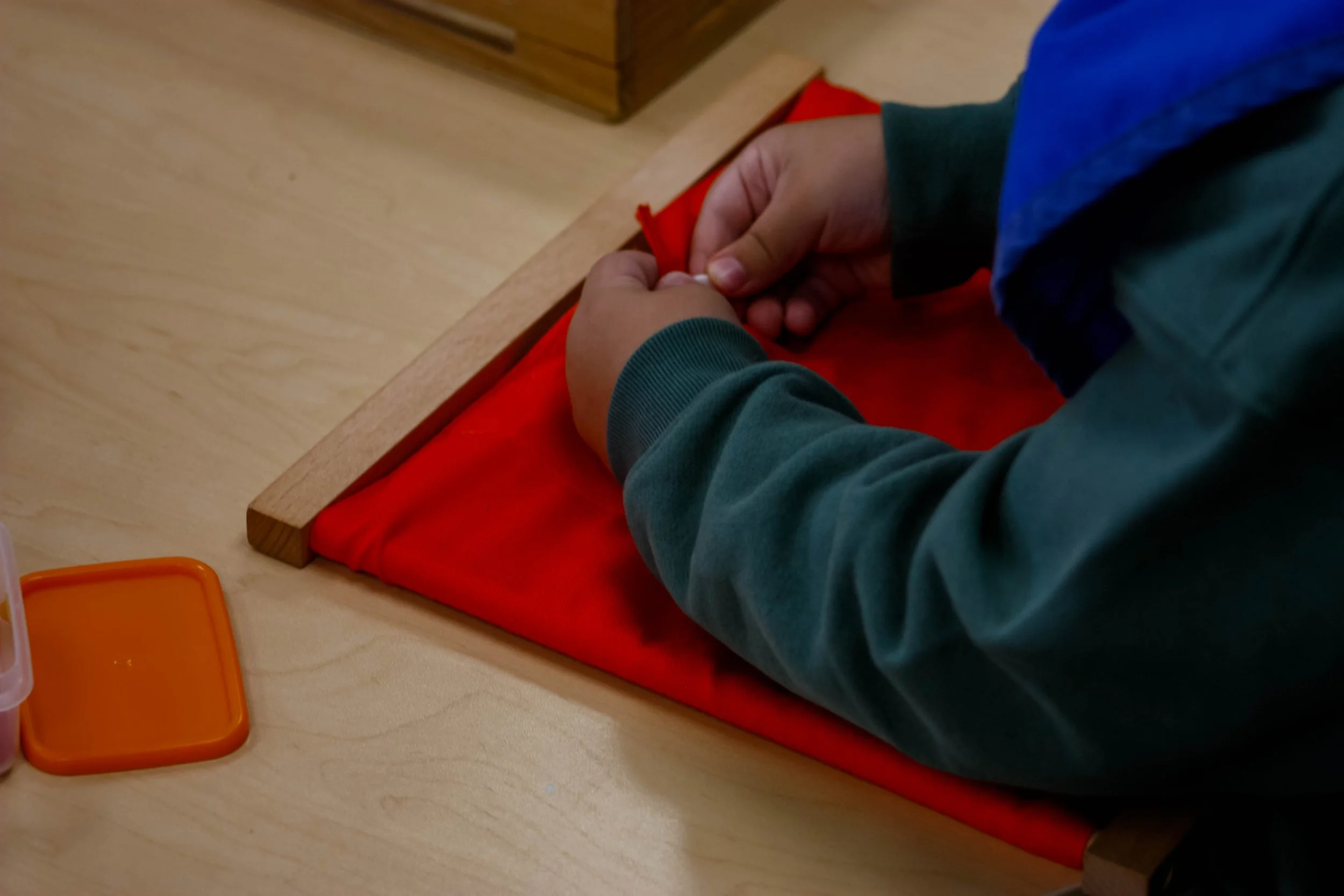
The Montessori Philosophy
The Montessori method, developed by Dr. Maria Montessori, is a child-centered approach to education that emphasizes independence, freedom within limits, and respect for a child’s natural development. It is based on careful observation of children's learning tendencies and a belief in the child's ability to initiate learning in a supportive, well-prepared environment.

Core Principles
-
The learning space is structured to foster independence and self-directed learning, with materials arranged to encourage exploration and order (Montessori, 1967).
-
Montessori believed that young children have a unique ability to absorb knowledge from their surroundings effortlessly, especially during early childhood (Montessori, 1967).
-
These are specific windows of time in which children are especially receptive to acquiring certain skills, such as language or order (Montessori, 1966).
-
Children are given the freedom to choose their activities within a structured environment, which supports both autonomy and discipline (Montessori, 1967).
-
Montessori viewed education not just as academic instruction but as a means to support the full development of the human being (Montessori, 1966).
References:
Montessori, M. (1966). The secret of childhood (B. M. Montinaro, Trans.). Ballantine Books. (Original work published 1936)
Montessori, M. (1967). The absorbent mind (C. Claremont, Trans.). Holt, Rinehart and Winston. (Original work published 1949)

